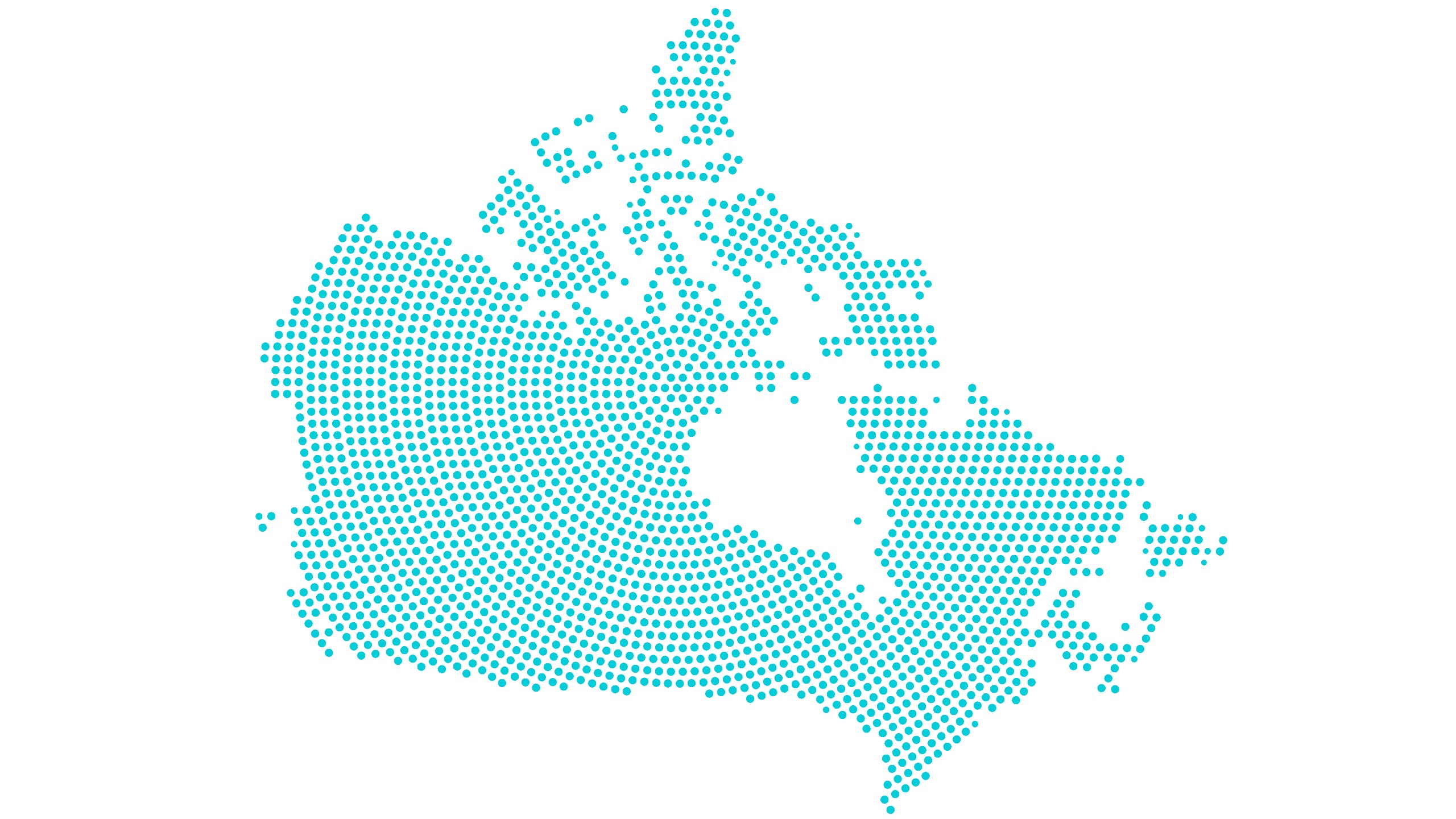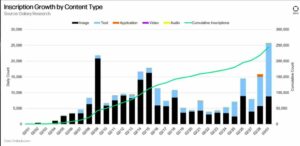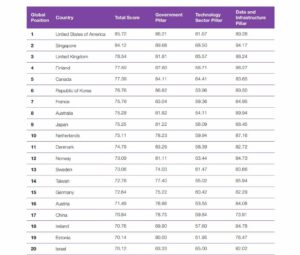
Canada’s federal, provincial, and territorial privacy regulators have introduced privacy principles. These principles are focused on the responsible and private development of generative artificial intelligence (AI) technologies. This comes from the federal government issuing cybersecurity guidelines for productive AI systems.
The Canadian Parliament’s concern is the proposed Artificial Intelligence and Data Act (AIDA). This legislation aims to establish mandatory regulations for AI systems rated high-risk. Meanwhile, these privacy principles have been applied as guidance for application developers, businesses, and government departments, offering responsible AI development practices.
Despite the absence of specific AI-related laws, organizations involved in developing, providing, or using generative AI technologies must adhere to existing privacy laws and regulations in Canada.
Fundamental privacy principles for AI development
Federal Privacy Commissioner Philippe Dufresne introduced privacy principles during the Privacy and Generative AI Symposium, focusing on the responsible development and use of generative AI models and tools. These principles emphasize the need for a legal basis and valid consent for collecting and using personal data in AI systems, ensuring that consent is meaningful.
Transparency is highlighted as crucial, requiring clear communication about how information is used and the potential privacy risks of AI. Explainability is also a key principle, mandating that AI tools be designed so that users can understand their processes and decisions.
Additionally, the principles call for strong privacy safeguards to protect individual rights and data and recommend limited sharing of personal, sensitive, or confidential information within AI systems. The document explains the impact of generative AI tools on groups, particularly children. It provides practical examples, integrating “privacy by design” principles into the development process and adopting labels for content generated by generative AI.
Promoting responsible AI development
This announcement shows Canada’s responsibility for AI development and the place of privacy in technology. As the country awaits AI-specific regulations, these principles guide stakeholders in different sectors.
In addition, the Canadian government stated that eight more companies have joined its role in the AI Code of Conduct. These companies adopt measures that promote responsible practices in developing and managing advanced generative AI systems. The involvement of AltaML, BlueDot, CGI, Kama.ai, IBM, Protexxa, Resemble AI, and Scale AI represents a move towards industry self-regulation in AI. The industry is responsible for AI practices and sets a standard for AI development and use.
- SEO Powered Content & PR Distribution. Get Amplified Today.
- PlatoData.Network Vertical Generative Ai. Empower Yourself. Access Here.
- PlatoAiStream. Web3 Intelligence. Knowledge Amplified. Access Here.
- PlatoESG. Carbon, CleanTech, Energy, Environment, Solar, Waste Management. Access Here.
- PlatoHealth. Biotech and Clinical Trials Intelligence. Access Here.
- Source: https://metanews.com/privacy-in-ai-canadas-approach-to-responsible-ai-development/
- :is
- a
- About
- addition
- adhere
- adopt
- Adopting
- advanced
- AI
- AI models
- AI systems
- aida
- aims
- also
- and
- Application
- applied
- approach
- ARE
- artificial
- artificial intelligence
- Artificial intelligence (AI)
- AS
- basis
- BE
- been
- businesses
- by
- call
- CAN
- Canada
- Canadian
- CGI
- Children
- clear
- code
- Collecting
- comes
- commissioner
- Communication
- Companies
- Conduct
- consent
- content
- country
- crucial
- Cybersecurity
- data
- decisions
- departments
- designed
- developers
- developing
- Development
- different
- document
- during
- emphasize
- ensuring
- establish
- examples
- existing
- Explainability
- Explains
- Federal
- Federal government
- focused
- focusing
- For
- from
- generated
- generative
- Generative AI
- Government
- Group’s
- guidance
- guide
- guidelines
- Have
- high-risk
- Highlighted
- How
- HTTPS
- IBM
- Impact
- in
- individual
- industry
- information
- Integrating
- Intelligence
- into
- introduced
- involved
- involvement
- issuing
- IT
- ITS
- joined
- Key
- Labels
- Laws
- Laws and regulations
- Legal
- Legislation
- Limited
- managing
- mandating
- mandatory
- meaningful
- Meanwhile
- measures
- models
- more
- move
- must
- Need
- of
- offering
- on
- or
- organizations
- particularly
- personal
- personal data
- Philippe
- Place
- plato
- Plato Data Intelligence
- PlatoData
- potential
- Practical
- practices
- principle
- principles
- privacy
- privacy laws
- private
- process
- processes
- productive
- promote
- proposed
- protect
- provides
- providing
- Provincial
- rated
- recommend
- regulations
- Regulators
- represents
- responsibility
- responsible
- rights
- risks
- Role
- s
- safeguards
- Scale
- scale ai
- Sectors
- sensitive
- Sets
- sharing
- So
- specific
- stakeholders
- standard
- stated
- strong
- Symposium
- Systems
- Technologies
- Technology
- that
- The
- their
- These
- this
- to
- tools
- towards
- understand
- use
- used
- users
- using
- valid
- within
- zephyrnet












